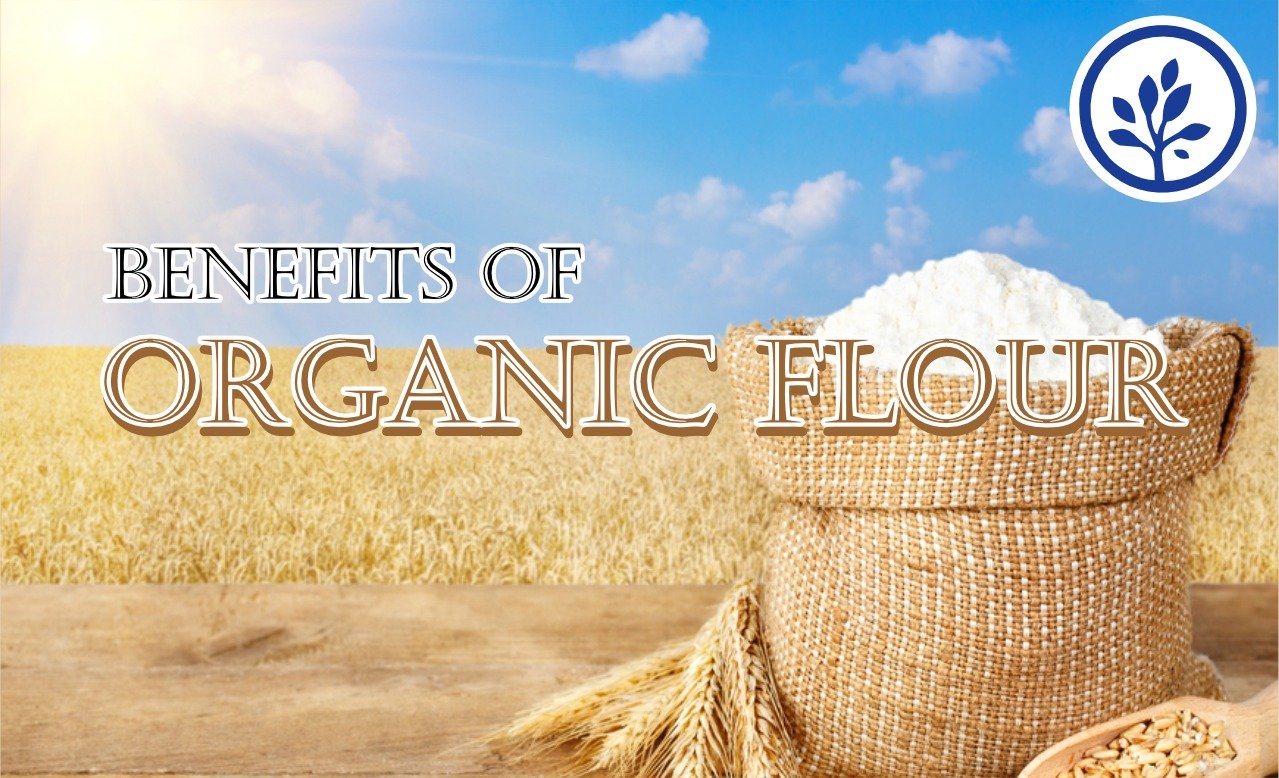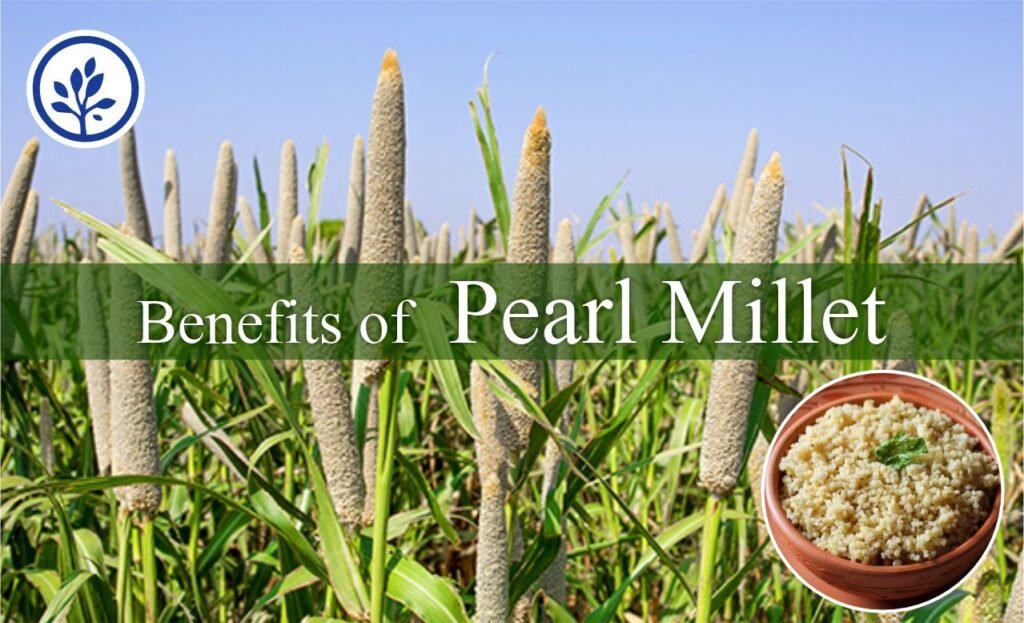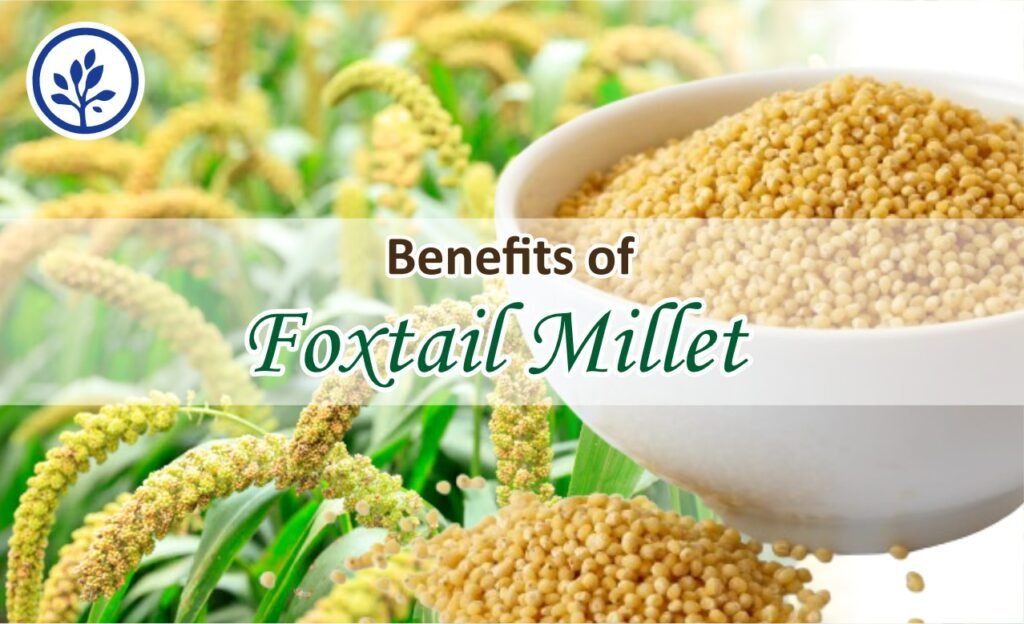Many individuals are opting for healthier dietary options, with a growing demand for organic flour in the market. This blog aims to provide insights into the nature of organic flour and elucidate its associated benefits. Explore the world of organic flour and discover how it can contribute to a nutritious and wholesome lifestyle.
What is organic flour?
Organic flour is derived from grains cultivated without the use of synthetic chemicals, fostering natural growth in soil. Farmers prioritize soil health and biodiversity by abstaining from artificial substances in the cultivation process. This commitment to organic farming practices results in a diverse range of organic flours, including those made from wheat, spelt, rye, and oats. Each type embodies the essence of sustainable agriculture, promoting not only the well-being of consumers but also the ecological balance of the farming environment. Embrace the wholesome goodness of organic flour and support a holistic approach to food production.
Benefits of Organic Flours:
1. Nutrient Density:
Organic flours are highly regarded for their abundant nutrients and absence of synthetic chemicals, resulting in elevated levels of vitamins, minerals, and antioxidants. Beyond being a mere carbohydrate source, they serve as a nutrient-dense option. Their cultivation without artificial additives ensures a wholesome product, fostering a higher nutritional content. This distinction sets organic flours apart, providing consumers with a health-conscious choice that goes beyond conventional grain-based carbohydrates. Embracing these flours enhances dietary quality, aligning with a broader commitment to organic and natural sources of sustenance.
2. No Harmful Residues:
Conventional flours, grown with pesticides and herbicides, harbor harmful residues. In contrast, organic flour is cultivated naturally, offering a pure alternative free from such residues. This distinction is crucial, as conventionally grown flours pose health risks associated with chemical residues. Opting for organic flour ensures a cleaner, safer choice for consumption, promoting well-being by eliminating the potential harm linked to the use of synthetic pesticides and herbicides in conventional farming practices.
3. Environmental Impact:
Organic flours go beyond health considerations; they play a crucial role in environmental well-being. The significance lies in organic farming's avoidance of synthetic chemicals. By opting for organic flours, one supports an agricultural approach that prioritizes environmental sustainability. This choice contributes to a cleaner ecosystem, as organic farming methods eliminate the use of harmful synthetic chemicals, fostering a healthier balance between agriculture and the environment.
4. Non-GMO Assurance:
Genetically modified organisms (GMOs) pose a contentious issue in contemporary agriculture, sparking debates on their safety. Many individuals opt to steer clear of these modified entities, expressing concerns about potential risks. The ongoing discourse surrounds the adoption of genetically engineered seeds in farming practices. In response to this apprehension, a growing number of people are choosing organic alternatives, such as flour produced without the use of genetically modified seeds. The preference for organic products reflects a broader societal shift toward embracing agriculture methods perceived as more natural and untainted by genetic modification.
Making the Switch:
Everyday life often involves subtle habit adjustments. Examples of such changes include modifying daily routines and adopting new practices. Embracing these shifts contributes to personal growth and overall well-being.
1. Read Labels:
When selecting organic flours, carefully scrutinize labels. Ensure the presence of the USDA or any recognized organic certification, guaranteeing that the flour is authentically organic and sourced directly from farmers. Reading labels empowers consumers to make informed choices, supporting sustainable and responsible farming practices while enjoying the benefits of genuinely organic products.
2. Explore Alternatives:
Explore various forms of organic flours, such as wheat and spelt, to discover the one that aligns with your taste preferences and health goals. Experimenting with different options allows you to find a flour that not only pleases your palate but also contributes positively to your overall well-being. Embracing diversity in organic flour choices enhances the culinary experience while prioritizing nutritional benefits for a healthier lifestyle.
4. Support Local Farmers:
Opt to support local farmers by choosing flour produced in your community, as it ensures a safer and more sustainable option. Locally sourced flour not only strengthens the local economy but also reduces the environmental impact associated with long-distance transportation. By prioritizing local products, you contribute to the vitality of regional agriculture, fostering a sense of community and ensuring the freshness and quality of the flour. This choice not only supports local businesses but also promotes a healthier and more environmentally conscious approach to food consumption.
4. Educate Yourself:
Gain knowledge about organic farming to understand its benefits thoroughly before making any decisions. Familiarizing yourself with the principles and practices of organic agriculture equips you with valuable insights into sustainable and environmentally friendly farming methods. This awareness empowers you to make informed choices, recognizing the positive impact of organic farming on soil health, biodiversity, and overall environmental sustainability. Being knowledgeable about organic farming ensures that your decisions align with ethical and health-conscious considerations, contributing to a more informed and responsible approach to food choices and agriculture.
Conclusion:
Achieving a healthy lifestyle necessitates a transition to organic flours and foods devoid of synthetic chemicals. Embracing organics offers numerous benefits for overall well-being. Opting for organic flours ensures that the cultivation process avoids synthetic pesticides and fertilizers, promoting a cleaner and more nutrient-rich end product. These practices contribute to soil health, biodiversity, and sustainable agriculture. Beyond flours, incorporating organic foods into your diet extends these advantages. Organically grown fruits, vegetables, and grains prioritize natural methods, enhancing nutritional content and flavor. Furthermore, the absence of harmful chemicals reduces potential health risks associated with conventional farming practices. Making the switch to organic is a holistic approach that not only supports personal health but also aligns with environmentally conscious choices. By choosing organics, you contribute to a more sustainable and ethical food production system, fostering a healthier planet for future generations. Ultimately, the shift to organic flours and foods reflects a commitment to both personal well-being and the broader global ecosystem.







